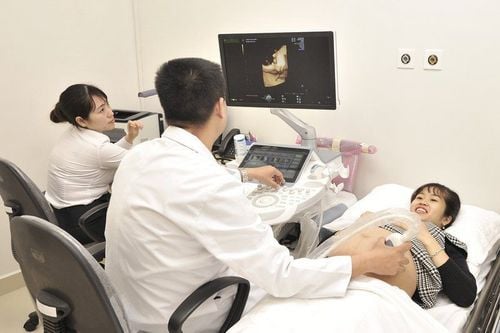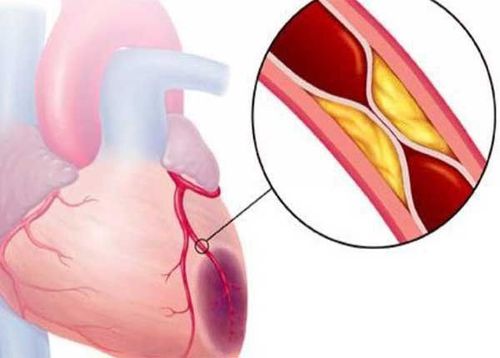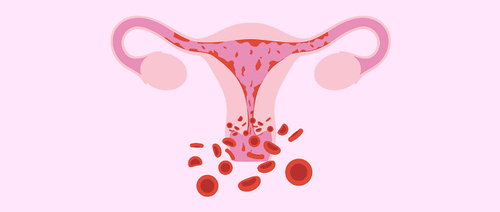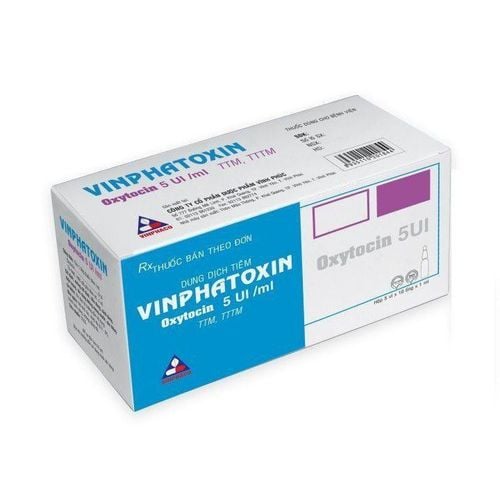This is an automatically translated article.
Posted by Doctor Trinh Ngoc Lam and Midwife Dang Thi Nghia - Department of Obstetrics and Gynecology, Vinmec Phu Quoc International General Hospital.Preeclampsia is the most common complication of pregnancy, usually occurring after 20 weeks of gestation and lasting up to 6 weeks postpartum. Preeclampsia is one of five serious obstetric complications in pregnancy, occurring most often in the third trimester.
1. How seriously does preeclampsia affect pregnancy?
Pre-eclampsia is one of the main causes of many serious diseases for the mother: hypertension, placental abruption, uterine bleeding - placenta, HELLP syndrome (wide hemolysis...), eclampsia , kidney disease later ... and possibly death; Risks to the baby such as: premature birth, fetal growth retardation in the womb, stillbirth...
According to global statistics, every year:
More than 10 million women are affected by pre-eclampsia. About 76,000 women die from preeclampsia and eclampsia. 500,000 infants die from this complication. Early detection of pre-eclampsia is of great significance, helping doctors plan timely intervention and avoid dangerous complications for both mother and baby. The diagnosis of preeclampsia is primarily based on high blood pressure and protein levels in the urine (proteinuria). Currently, there is a blood test method to help detect early signs and symptoms, effectively supporting the early diagnosis and prognosis of preeclampsia.
2. Early screening for preeclampsia in the first 3 months of pregnancy
Is it possible to detect the risk of preeclampsia earlier? The answer is yes!
The risk of preeclampsia can be known by having a pre-eclampsia factor screening test between 11 and 14 weeks of pregnancy. Pregnant women can have a pre-eclampsia screening test at the same time as the Double-Test fetal malformation screening test. This test does not require taking too much maternal blood (only 2ml), and does not affect the fetus.

Tất cả phụ nữ mang thai nên làm xét nghiệm sàng lọc tiền sản giật để xác định nguy cơ mắc tiền sản giật cao hay không
All pregnant women should have a pre-eclampsia screening test to determine if they are at high risk for preeclampsia. Screening for preeclampsia includes blood tests, blood pressure measurements, and ultrasound. Pre-eclampsia risk screening is a simple, effective, and important step in detecting the risk of preeclampsia in early pregnancy. From this result, if there is a high risk, the doctor will have enough time with the pregnant woman and her relatives to implement the nutrition and treatment plan, ensuring a healthy pregnancy and safe delivery for both mother and child. baby.
Pregnant women at high risk of preeclampsia can go to Vinmec Phu Quoc International General Hospital for early pre-eclampsia screening. In addition, Vinmec International General Hospital now has a Package Maternity Care Program, including the following packages:
Maternity package 12 weeks Maternity package 27 weeks Maternity package 36 weeks Maternity package - labor
Please dial HOTLINE for more information or register for an appointment HERE. Download MyVinmec app to make appointments faster and to manage your bookings easily.
REFERENCESTreatment of pre-eclampsia and eclampsia: National Guidelines for Reproductive Health Services – Ministry of Health, Vietnam 2016. Hypertension: Vietnam Heart Association. Rolnik DL, Wright D, Poon LCY, Nicolaides KH. ASPRE trial: performance of screening for preterm pre-eclampsia. Ultrasound Obstet Gynecol. 2017 Oct;50(4):492-495. Tan MY, Wright D, Poon LCY, Nicolaides KH. Comparison of diagnostic accuracy of early screening for pre-eclampsia by NICE guidelines and a method combining maternal factors and biomarkers: results of SPREE. Ultrasound Obstet Gynecol. 2018 Mar 14. Blood test method for early detection of preeclampsia. Roche Vietnam, April 17, 2018.













